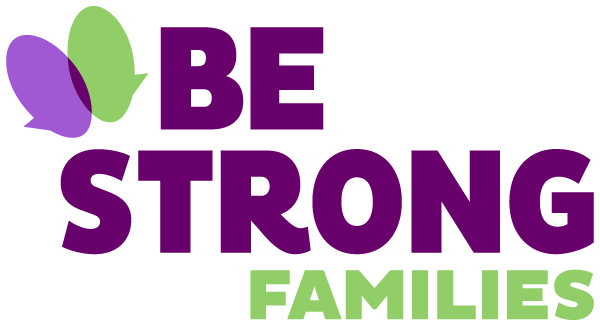How’s Grandma? Aging, Elders, and the Pandemic
The pandemic affects all of us, but the specific emotional and physical challenges that elders face are a heightened version of what we’re all going through. How can we better understand what elders' specific challenges are so that we can be compassionate and careful as we strive to reduce the effects? Geriatric Psychologist Lori Myren-Manbeck, Ph.D., has had the privilege of working with elders, and she joined us on a webinar to highlight the differential impact on elders in our population and to talk about concrete ways for us to be there for them during these trying times.
The common negative emotional reactions to the pandemic are well known. Isolation. Grief. Confusion. Fear. While we can see elements of positive growth during negative experiences throughout this pandemic, the emotional hardships can’t be understated and for elders, isolation is arguably harder. For many of us, we’ve lost a year of time, but our expectation is that we have plenty of time left. This is not the case for many elders. This unfortunate reality facing our elders exacerbates the loss of being unable to enjoy the company of family and friends.
We've all heard that elders are among the most at-risk and that they are a priority for vaccinations. Elders are hearing this too and it often intensifies existing feelings they have about their health, their future, and their mortality. This, coupled with isolation, can lead to questioning one’s usefulness—especially when they read or hear mean-spirited jokes such as the pandemic is a "boomer remover" or rhetoric by prominent people that says elders are expendable in the face of the pandemic. This language can be especially difficult if an elder is going through layers of loss and fear after seeing multiple people in their sphere die. People have also been making jokes about elders receiving the vaccine first and that can be very hurtful for the person who is already aware they are on borrowed time and are being viewed as an inconvenience to the general populace.
Isolation is also leading elders that Lori works with to question whether their lives still have meaning, and if they are still valuable. Many elders derive joy from feeling like a valued family member and spending time with their children and grandchildren. In our current pandemic-reality, Zoom just may not be cutting it—especially since many elders are also less comfortable with technology than younger people.
So what can we do for our elders to reduce the effects of the pandemic? Lori offered a number of suggestions for families to stay connected and to assist with mitigating the pain elders are feeling. We can give lots of praise. Praise elders just for being who they are—tell them that we love them. Listen to their stories. We can schedule video or phone calls during the week. Let them know there’s no rush, and just be in the moment when we talk to them. We can send cards and homemade gifts, and share videos and audio of events. We can make visiting—with social distancing and masks—a priority. We can provide hope by focusing on the positive activities we will do together once the pandemic is over or after we're vaccinated. We can also watch for signs of depression and encourage our loved ones to reach out for professional help when they need it.
For more examples of the impact of the pandemic on elders and how we can reducing the negative effects, watch the full webinar here, and you can find the PowerPoint slides for this presentation on our Webinar Recordings page. You can also take a look at these handouts about common reactions to the pandemic, ways to manage anxiety, and strategies for staying close during these unusual times.
Join us for our upcoming webinars whenever your schedule allows! If you or your colleagues would like to host a webinar with us, contact us.

